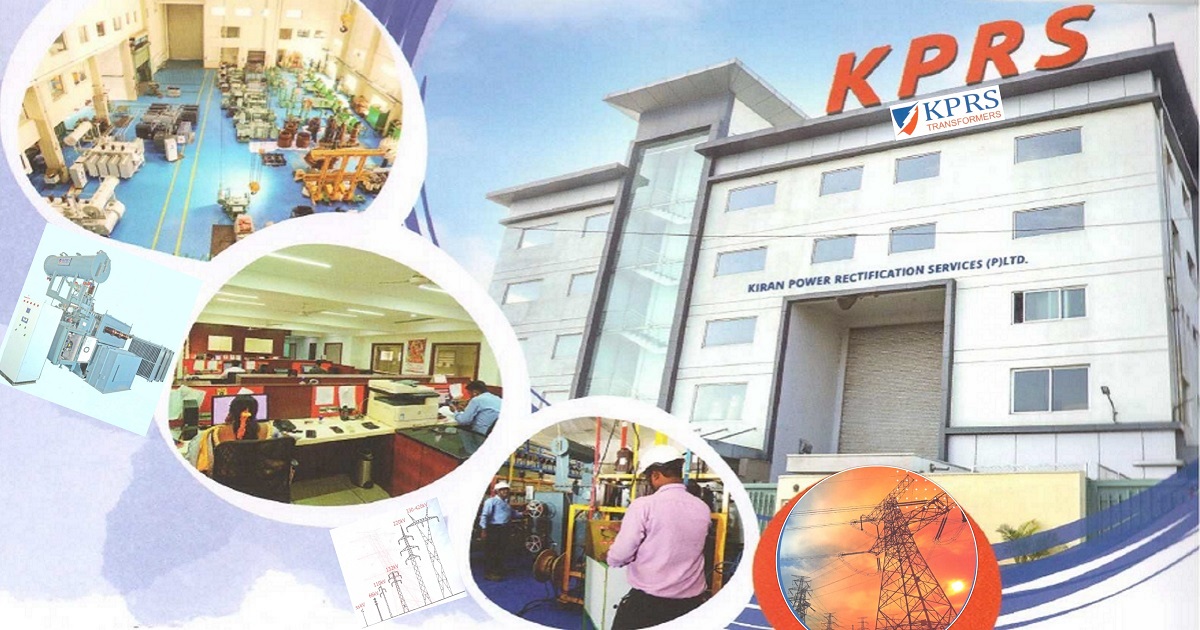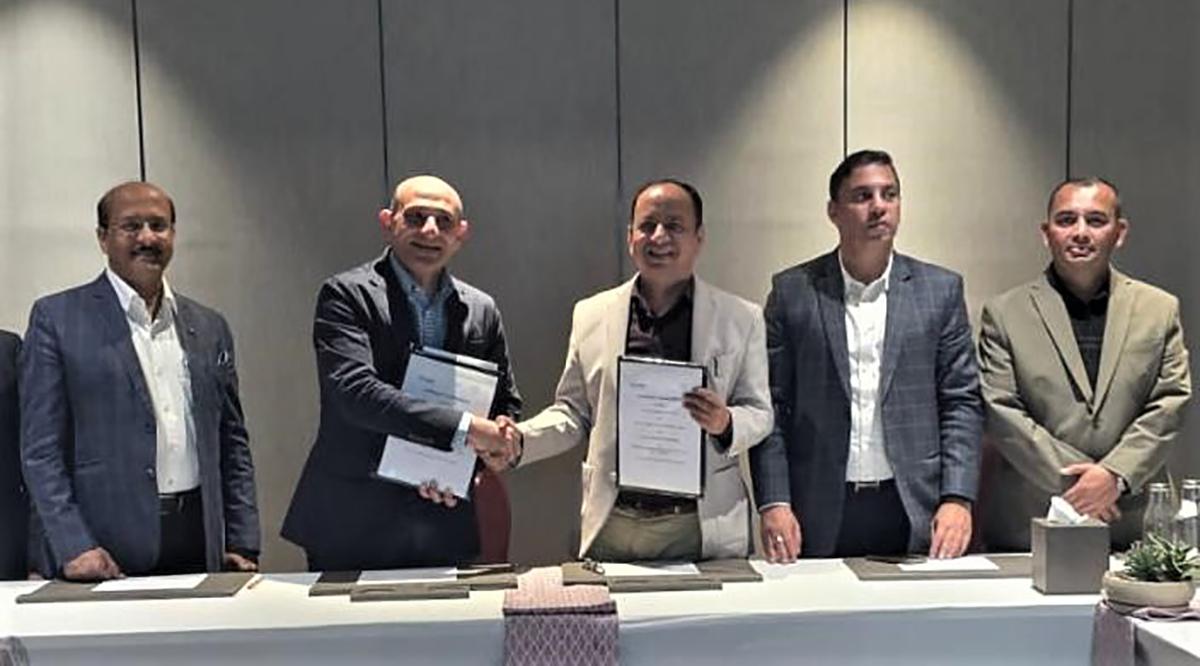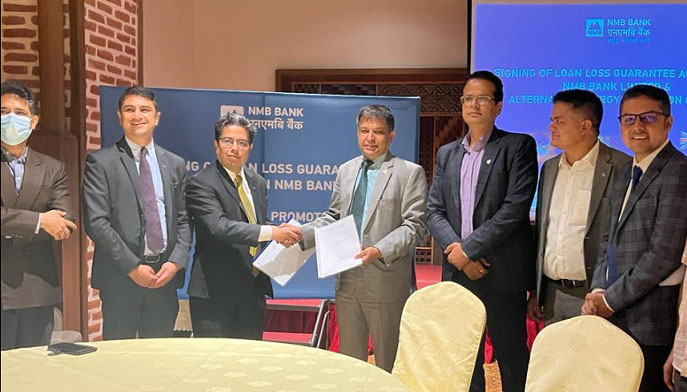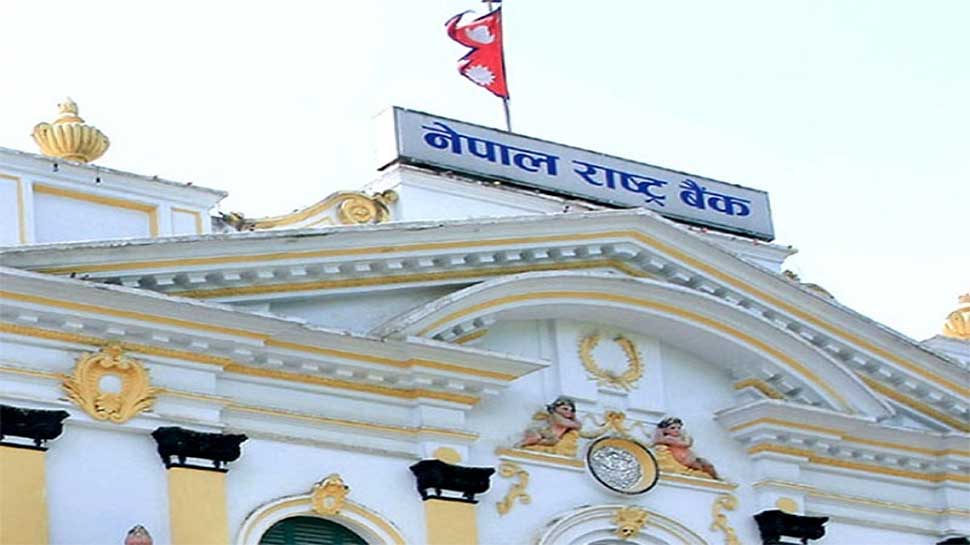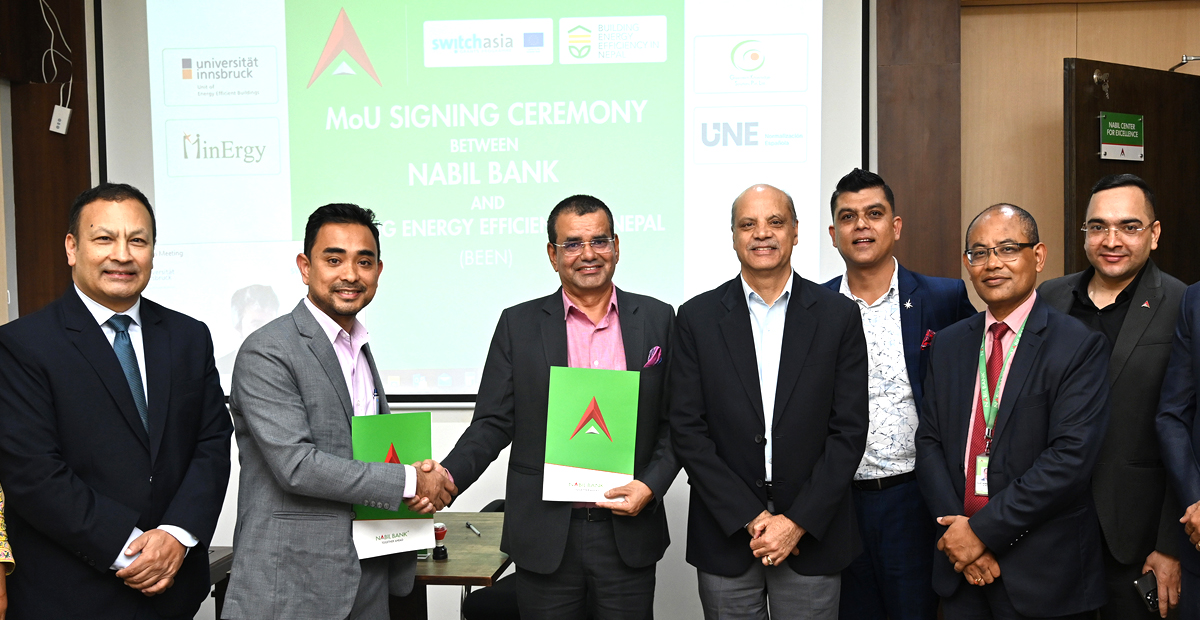Energy Update
Nepal, World Bank sign $80 million loan pact to improve water supply and sanitation
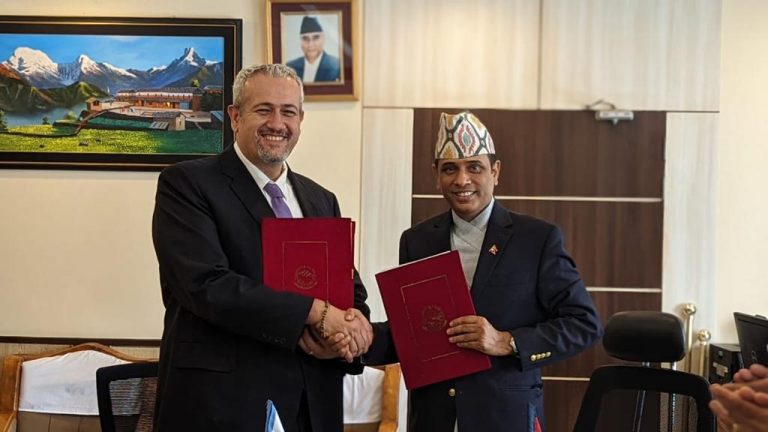
The government and the World Bank on Wednesday signed an $80 million concessional loan agreement for a project to improve the delivery of water and sanitation services and promote integrated water resources management.
The water sector governance and infrastructure support project will be implemented in strategic towns and rural municipalities in Karnali and Sudurpashchim provinces. Both provinces have low access to water supply and sanitation services, a higher incidence of poverty, and are vulnerable to climate change, the World Bank said in a press statement.

The agreement was signed by Finance Secretary Madhu Kumar Marasini, on behalf of the government of Nepal, and the World Bank Country Director for the Maldives, Nepal, and Sri Lanka, Faris Hadad-Zervos.“The project will support the provision of much-needed water supply and sanitation services to underserved and vulnerable communities, ensure better water sector coordination, and promote higher water quality and service standards,” said Marasini, according to the statement.
The project will help the local governments develop viable institutions to deliver water supply and sanitation services sustainably and efficiently, the statement reads. “The project will also strengthen the accountability of the sector to customers by building the monitoring and regulatory capacity of provincial and federal government agencies in the sector.”

“These will be complemented by investments in the construction and rehabilitation of vital water supply and sanitation infrastructure, as well as water-quality surveillance facilities and monitoring systems.”
Faris Hadad-Zervos said that the project will help strengthen the delivery of water and sanitation services at the local level by building the capacity of municipalities, while at the same time addressing critical gaps in water and sanitation infrastructure to support Nepal’s economic progress and a green, resilient, and inclusive development.
Conversation
- Info. Dept. Reg. No. : 254/073/74
- Telephone : +977-1-5321303
- Email : [email protected]






